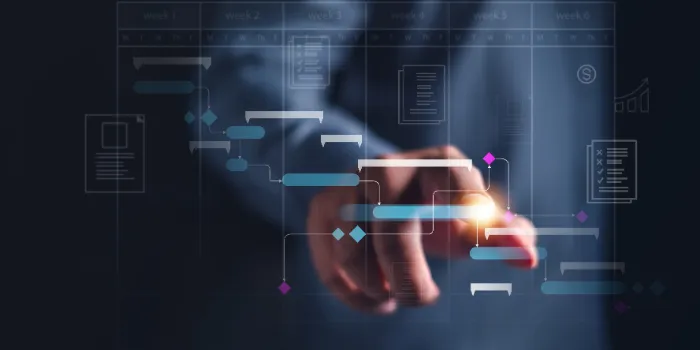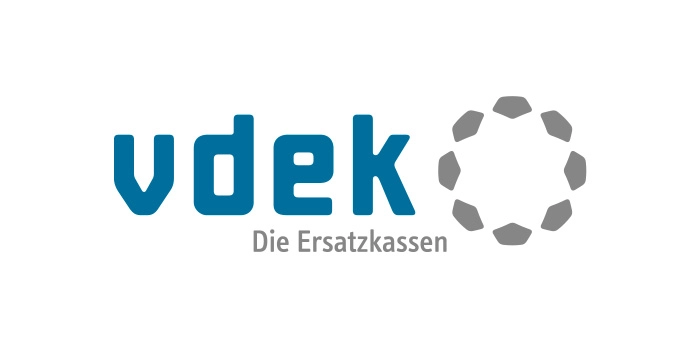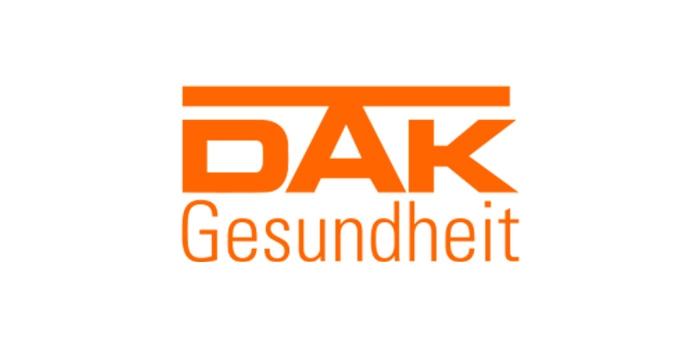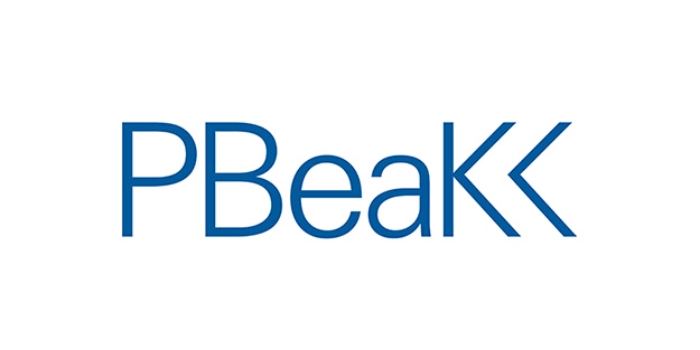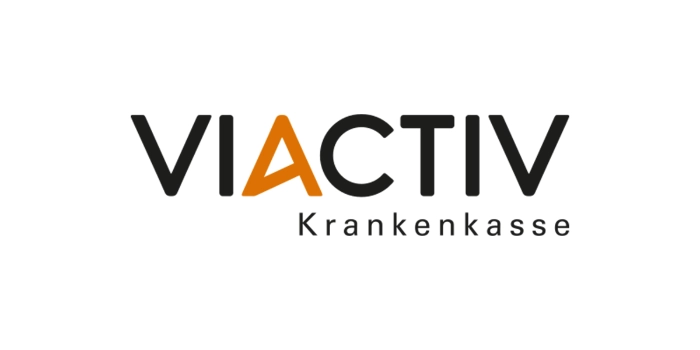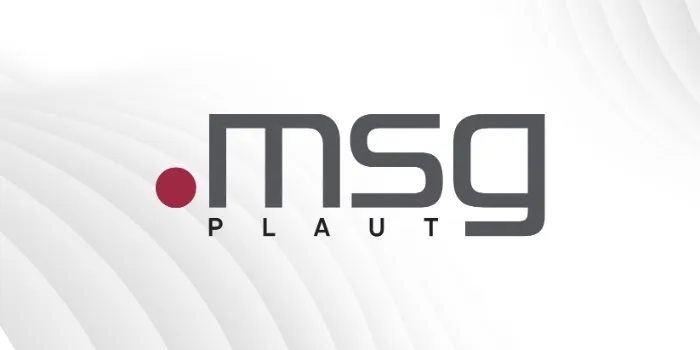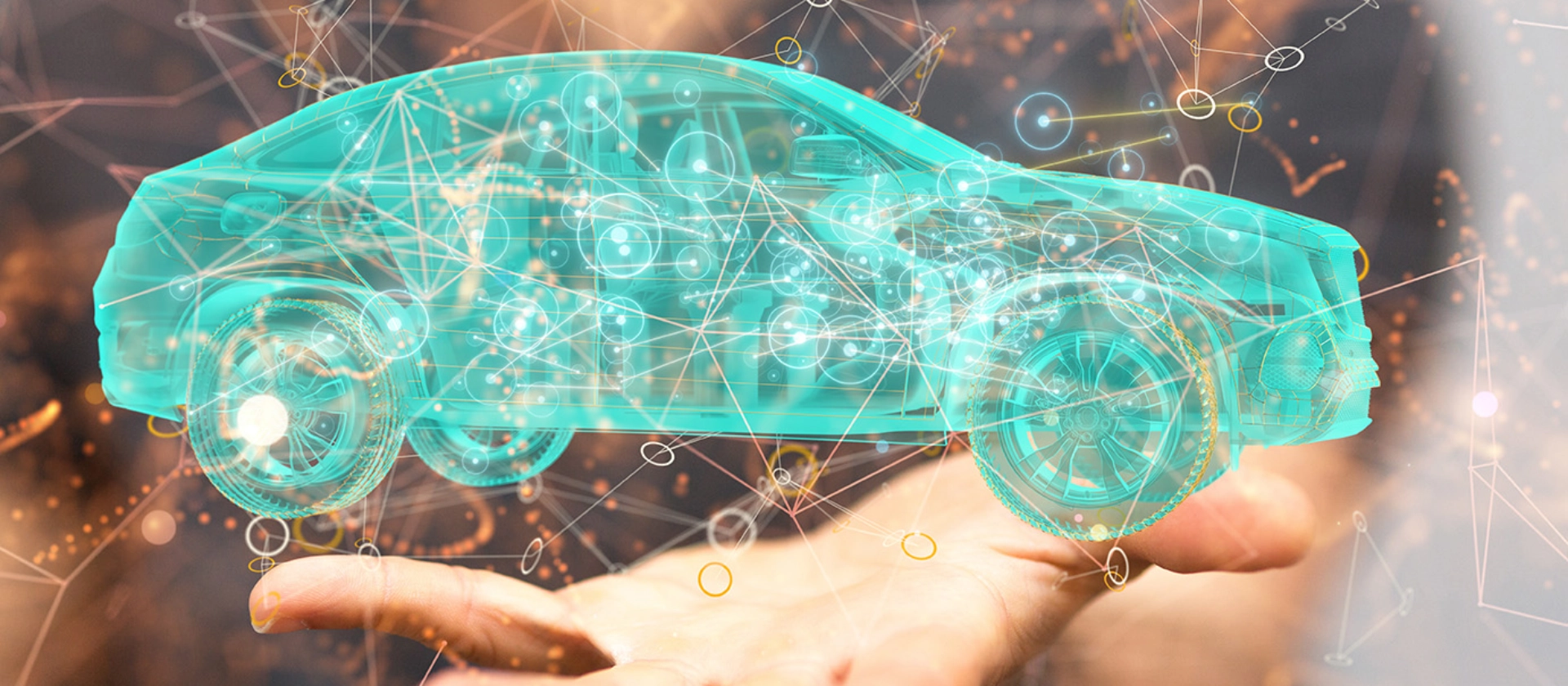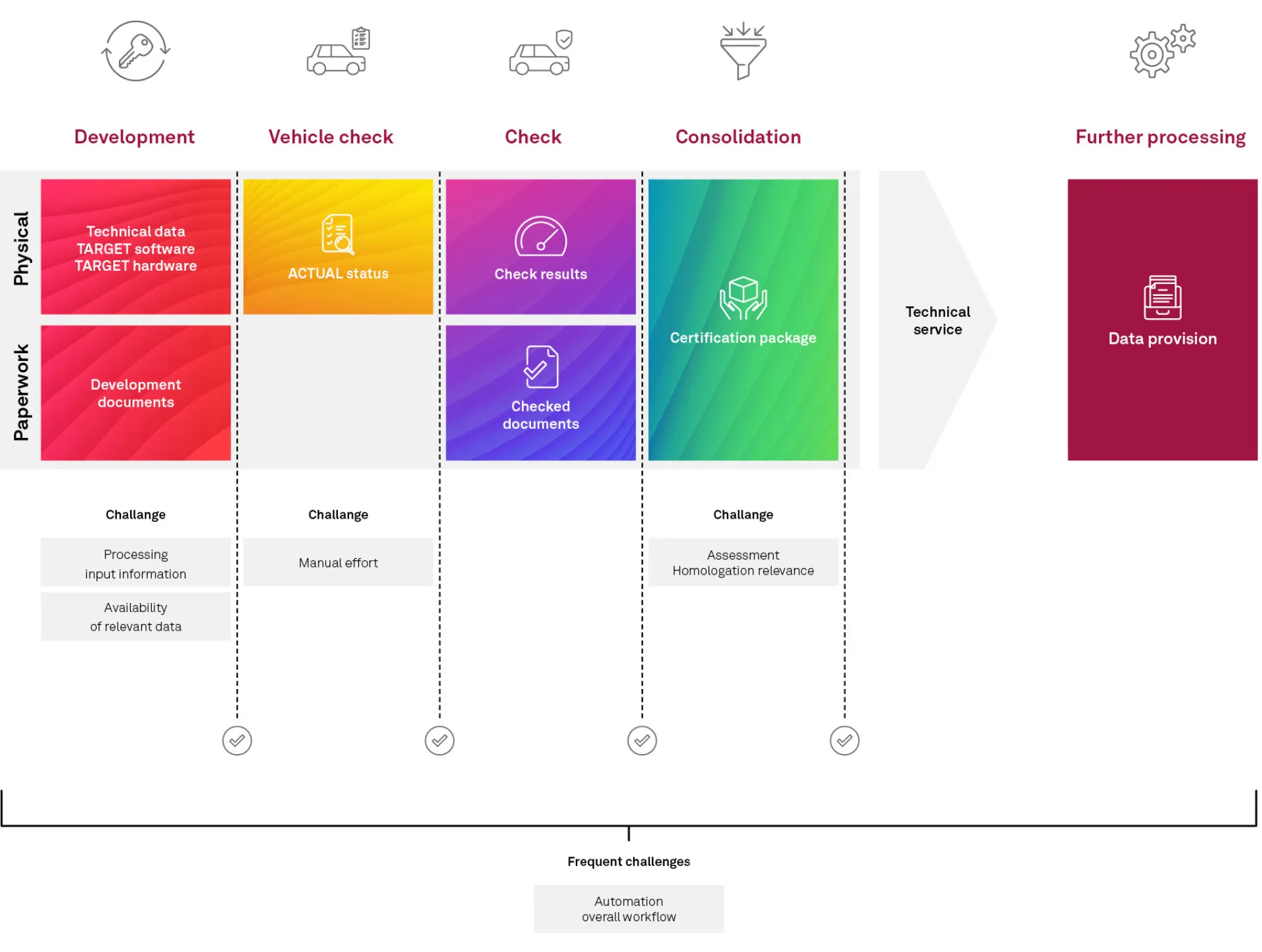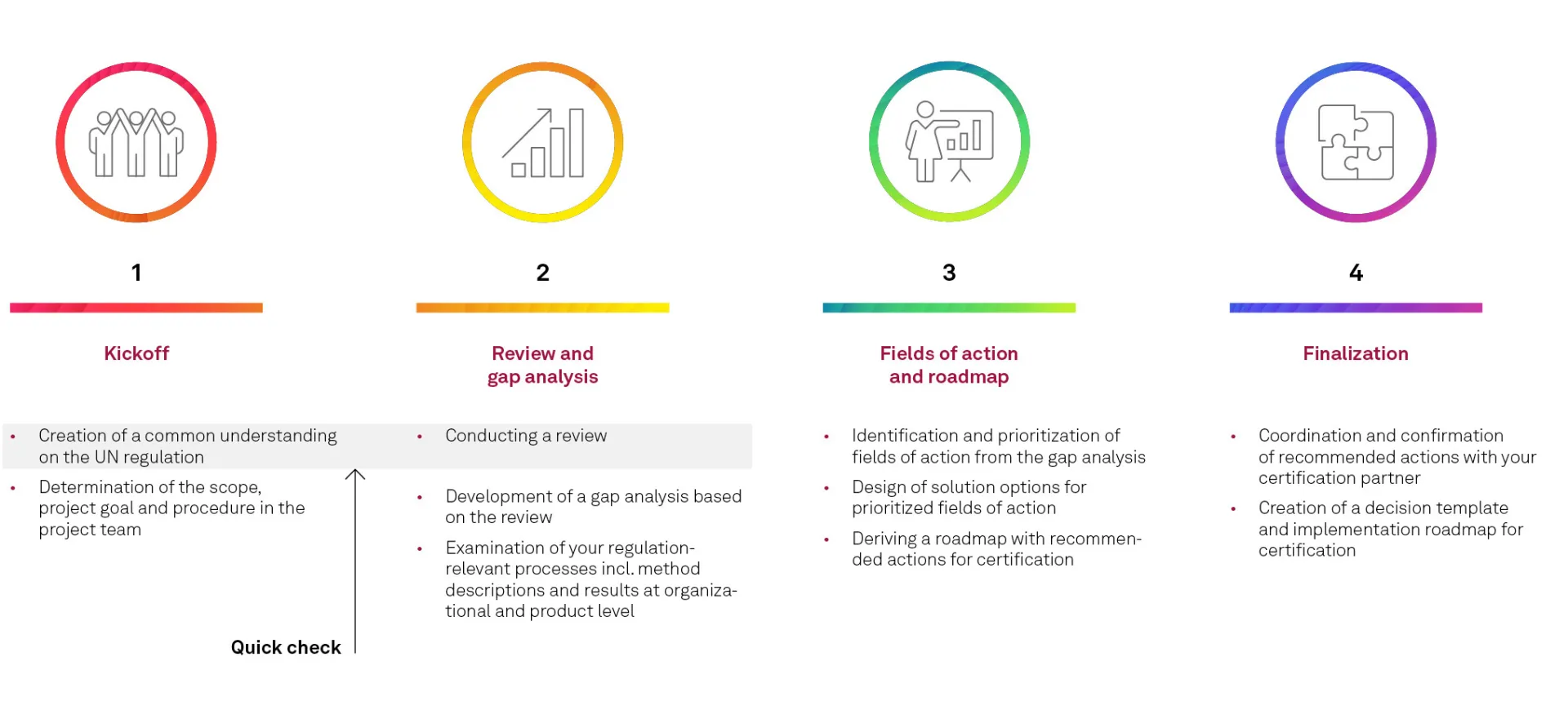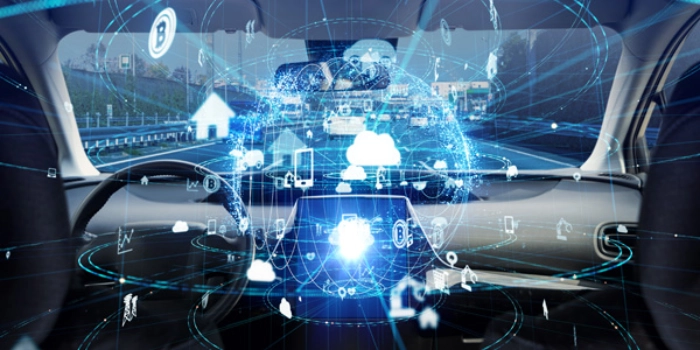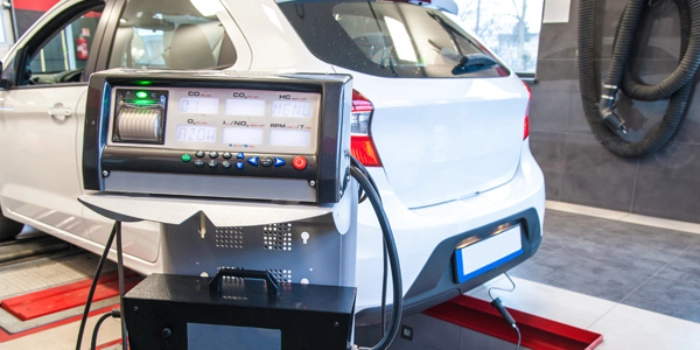Artificial intelligence
A comparison of classic algorithms and artificial intelligence for error detection in V2X data shows: The improved results of AI come at a high price.
Homologation, SDV, Cybersecurity
With the growing proportion of software in automobiles, the risk of a cyber attack is rising in parallel. This adds another dimension to the concept of vehicle quality – that of cybersecurity.
Homologation
The WLTP procedure, which has been in force since 2021, means that detailed data on vehicle variants and their optional equipment must be combined in the areas of aerodynamics and engine type. This means that new calculation algorithms are necessary and internal processes have to be reorganized. Read our article to find out what challenges but also opportunities this entails.
Digital Twin, Homologation
Vehicle customers and authorities expect highly automated driving functions to be thoroughly tested by the automotive manufacturer and to be safe. New test methods and regulations must be developed and established for this purpose. This is not feasible without a digital twin. Why? You can read about this in the following article.
Homologation, SDV, Cybersecurity
The UN regulation for cyber security management systems provides automotive manufacturers with a framework for identifying, assessing and managing cyber security risks in vehicle development. This involves the monitoring of cyber attacks as well as an effective response to and analysis of successful or attempted attacks.
Homologation
At the beginning of 2021, the 2nd stage of WLTP of UNECE will apply. We have identified three factors for successful implementation of the UNECE homologation requirements and compiled them for you.
Homologation, SDV
New UNECE regulation: Automotive manufacturers are under increasing pressure to implement this regulation (SUMS 11-2), which requires efficient control of E/E product data via ECU networks and the resolution of scheduling conflicts.
Homologation, SDV
From January 2021, a new UNECE regulation will come into force. Under this UNECE regulation, automotive manufacturers must introduce software update management systems and have them certified. Part of the certification is the RxSWIN, a software identification number.



